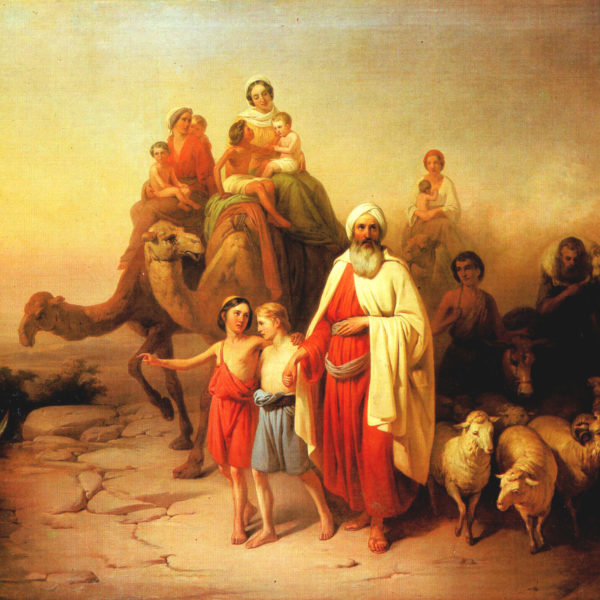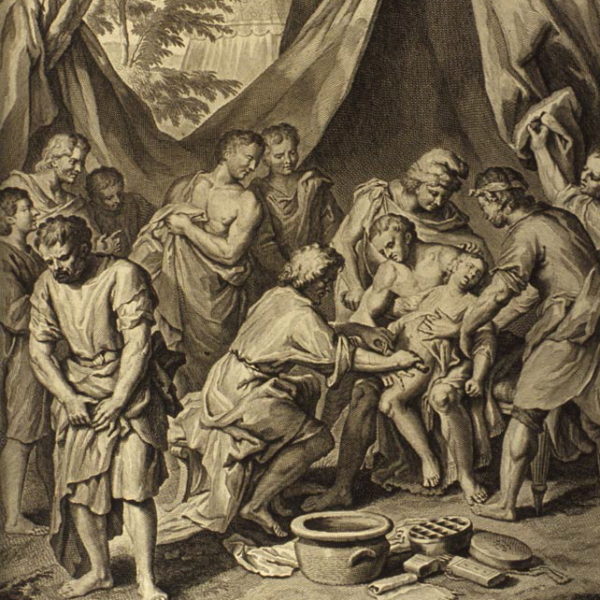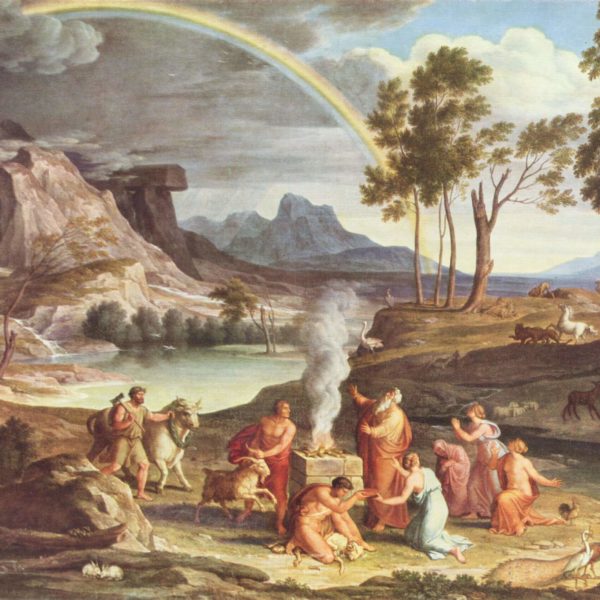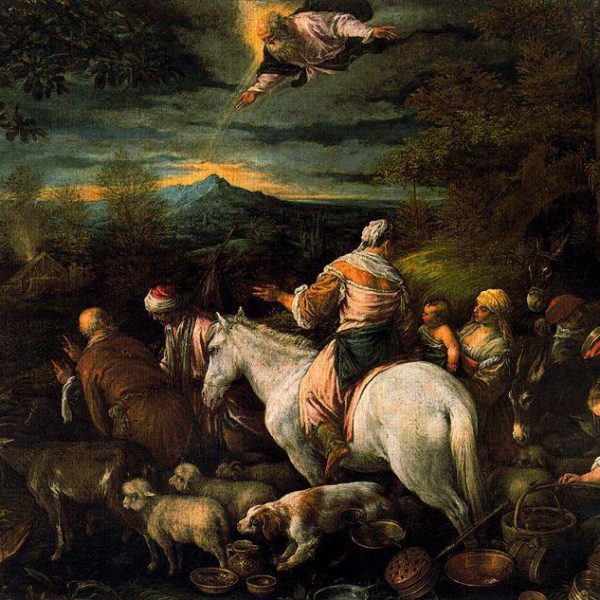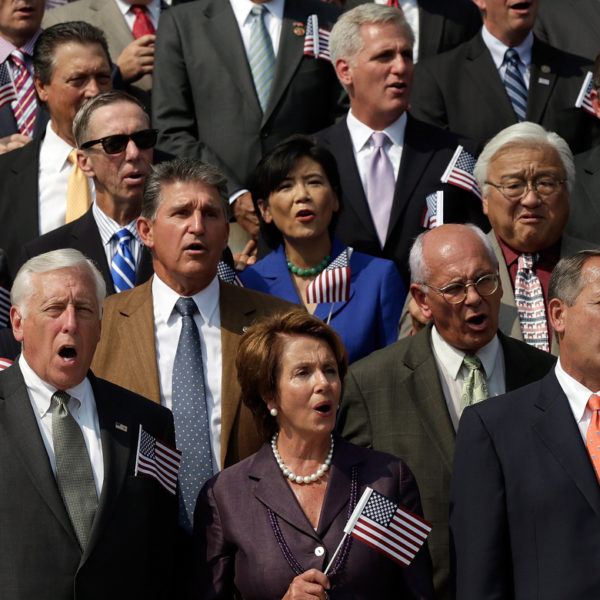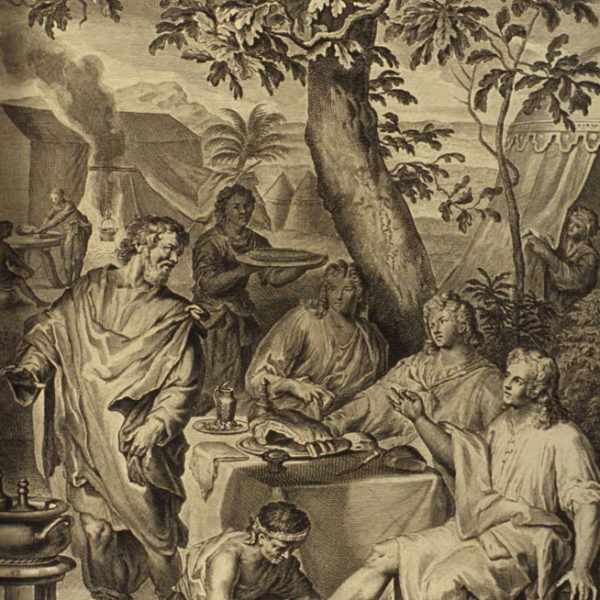
There is perhaps no biblical virtue more foreign to the contemporary Western mind than hospitality. For us, the deeply ethical connotations of hospitality for the stranger—the resident alien or refugee—have been largely replaced with a call for general neighborliness and an often all-too-partisan welcome.
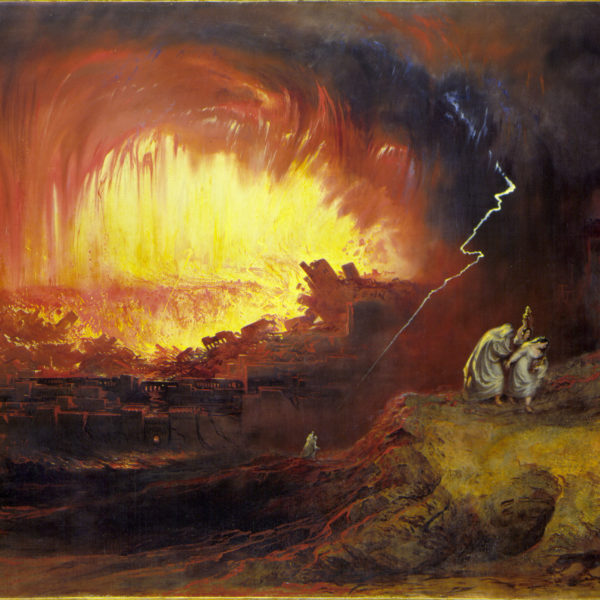
In the narrative of Abraham’s conversation with God concerning the destruction of Sodom we find an example of the faithful fulfilment of the calling of the people of God. We are to be those who seek to preserve the world from condemnation by our righteous and life-giving presence within it, tenaciously refusing to abandon it to its destruction.
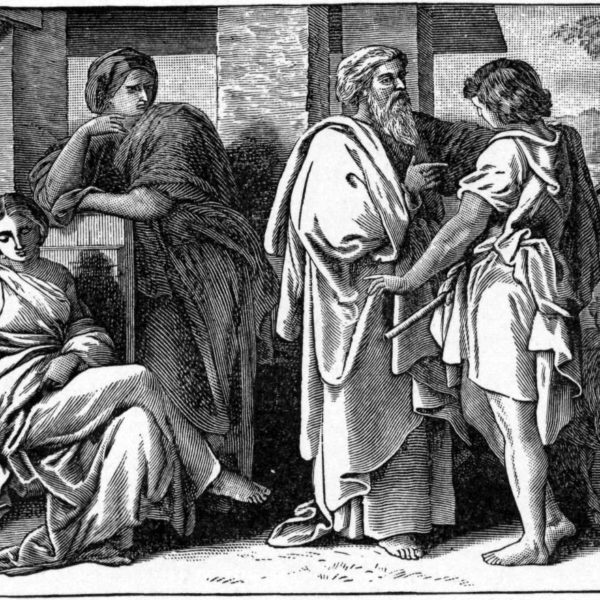
The Old Testament account of Jacob’s sojourn with Laban can expose some contemporary Christian blindspots, not least in assumptions concerning the ‘biblical’ meaning of marriage. However, we must also reckon with the limitations of the text’s own perspective, giving voice to the silent female characters within it.

In the first volume of Capital, Marx writes: ‘Englishmen, always well up in the Bible, knew well enough that man, unless by elective grace a capitalist, or landlord, or sinecurist, is commanded to eat his bread in the sweat of his brow, but they did not know that he had to eat daily in his bread a certain quantity of human perspiration mixed with the discharge of abscesses, cobwebs, dead black-beetles, and putrid German yeast, without counting alum, sand, and other agreeable mineral ingredients’.

The first reaction of the reader to Abram’s calling, “That’s supposed to be me,” gives way to the second realization, which is “That COULD be me.” And it is in imagining the fear and anxiety normally attendant to leaving everyone and everything behind that the seed is planted in the reader’s heart for concern for real-life strangers.
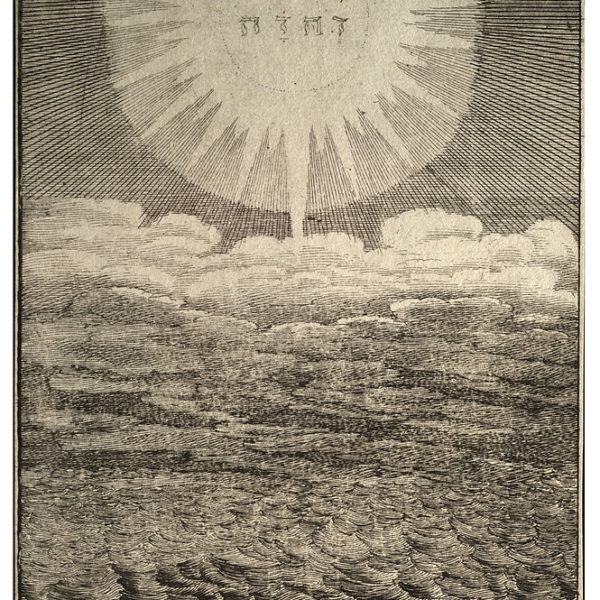
August 28th 2013, reminded us of the power of the spoken word as the world commemorated the 50th anniversary of Rev. Martin Luther King Jr’s historic “I Have a Dream” speech. What was celebrated was the moral power of words to transform history – this despite the risk and tragedy of empty rhetoric which has inundated it.
